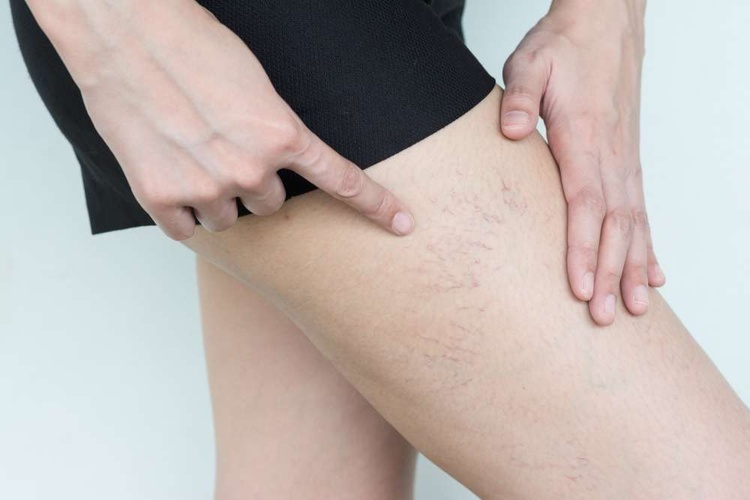Varicose Veins: More Than Just a Cosmetic Concern
Varicose veins affect millions of people worldwide, causing both aesthetic concerns and potential health complications. These enlarged, twisted blood vessels most commonly appear in the legs and feet, often producing discomfort and affecting daily activities. Understanding the causes, impacts, and treatment options is crucial for managing this common vascular condition effectively.

What Causes Varicose Veins to Develop?
Varicose veins develop when the one-way valves in your veins become weak or damaged, allowing blood to pool and create pressure that enlarges the vessels. Several factors contribute to their development, including:
-
Age and genetics
-
Prolonged standing or sitting
-
Pregnancy and hormonal changes
-
Obesity
-
History of blood clots
-
Lack of regular exercise
How Do Varicose Veins Impact Your Health?
Beyond their visible appearance, varicose veins can significantly affect circulation and mobility. Common symptoms include:
-
Aching or heavy legs
-
Swelling in feet and ankles
-
Night cramps
-
Skin changes and discoloration
-
Restless legs
-
Increased risk of blood clots
What Treatment Options Are Available?
Modern medicine offers various treatment approaches for varicose veins, ranging from conservative management to minimally invasive procedures:
Conservative Treatments:
-
Compression stockings
-
Exercise and weight management
-
Leg elevation
-
Regular walking
Medical Procedures:
-
Sclerotherapy
-
Endovenous laser treatment
-
Radiofrequency ablation
-
Ambulatory phlebectomy
Essential Self-Care Tips for Varicose Vein Management
Implementing these self-care strategies can help reduce discomfort and prevent worsening of symptoms:
-
Regular exercise, especially walking
-
Maintaining a healthy weight
-
Avoiding prolonged standing or sitting
-
Wearing loose-fitting clothing
-
Elevating legs when resting
-
Using compression stockings as recommended
| Treatment Option | Average Cost Range | Insurance Coverage |
|---|---|---|
| Sclerotherapy | $300-$1,000 per session | Often partially covered |
| Laser Treatment | $600-$3,000 per leg | Usually covered if medically necessary |
| Compression Stockings | $20-$100 per pair | Generally covered with prescription |
| Radiofrequency Ablation | $1,500-$3,000 | Usually covered if medically necessary |
Prices, rates, or cost estimates mentioned in this article are based on the latest available information but may change over time. Independent research is advised before making financial decisions.
When Should You See a Vascular Specialist?
Consult a vascular specialist if you experience:
-
Severe pain or discomfort
-
Skin changes or ulcers
-
Heavy, tired legs that interfere with daily activities
-
Blood clots or inflammation
-
Bleeding from varicose veins
-
Persistent swelling
While some people may view varicose veins as merely a cosmetic issue, they can indicate underlying circulatory problems that require medical attention. Early intervention and proper management can help prevent complications and improve quality of life. Regular monitoring and following prescribed treatment plans are essential for maintaining vascular health.
This article is for informational purposes only and should not be considered medical advice. Please consult a qualified healthcare professional for personalized guidance and treatment.




